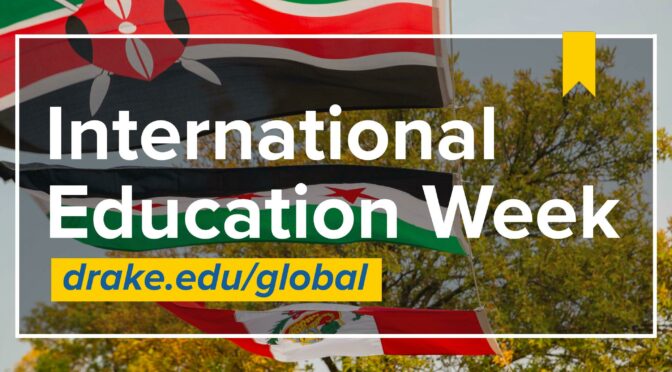Several employees have expressed concerns about the vision hardware benefit offered by Drake’s Health Plan. The paper reimbursement process has proven to be slow and frustrating at best. In fact, one participant reported they stopped seeking reimbursement due to the inefficiencies of the claims process. We heard you!
Together with the University Benefits Committee and our benefit consultants, we explored other hardware benefit options. We are happy to announce a new vision hardware benefit with Avēsis effective January 1, 2023. Although we are discontinuing the hardware benefit through Wellmark, annual preventive vision exams will remain covered under Drake’s Health Plan.
The Avēsis hardware plan will include provider discounts and value-added features and allow for an enhanced participant experience. While the plan includes a vast network, participants will be able to purchase hardware from out-of-network providers.
Avēsis In-network Hardware Benefit At-A-Glance
|
To learn more about the new Avēsis vision hardware benefit, click here. To search for Avēsis network providers, click here.
Questions about the new vision hardware benefit offered by Avēsis?
Avēsis representatives will be present at Drake’s Benefits & Wellness Fair on Nov. 4 (9–11:30 a.m.) in Levitt Hall. If you have questions related to this new vision hardware benefit, please stop by the fair and speak directly with our Avēsis partners. If you are unable to attend the fair, please reach out to drakehr@drake.edu with any benefits questions.
— Marlene Heuertz and Maureen De Armond, Human Resources


